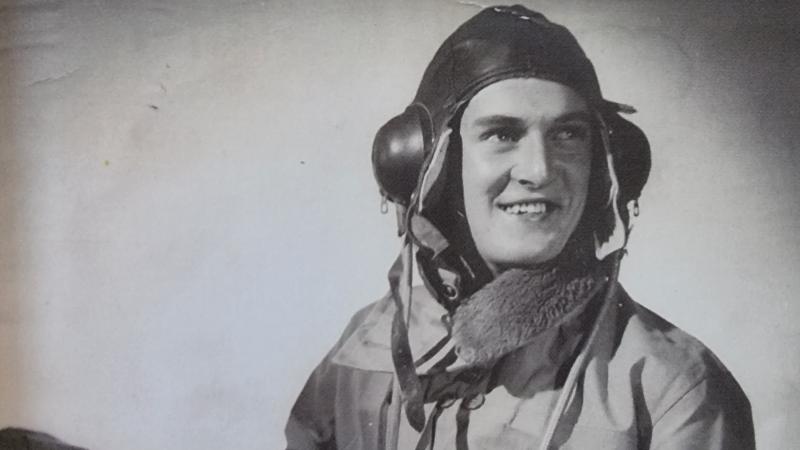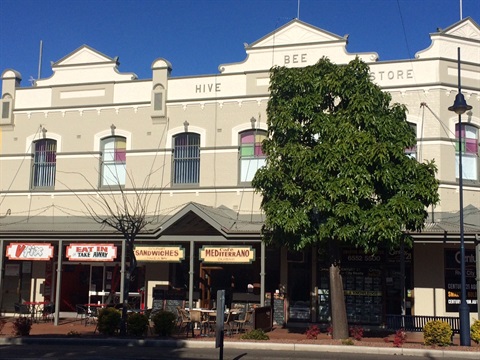New restrictions on the movement of abalone have come into effect today to protect South Australia’s fishing and aquaculture industry from an outbreak of abalone viral ganglioneuritis (AVG) in Victoria and New South Wales.
Minister for Primary Industries and Regional Development David Basham said restrictions on fresh abalone products coming into South Australia from interstate have been introduced to help keep South Australian waters free of this abalone killing virus.
“AVG is caused by an abalone virus which affects the animal’s nervous system causing weakness and eventually death,” Minister Basham said.
“While this disease does not impact on human health, it can be devastating to wild and farmed abalone stocks.
“The new controls restrict the movement into South Australia of both live and fresh abalone product from interstate and follow recent detections of AVG at Cape Nelson in Victoria and in some New South Wales abalone processors.
“AVG has never been recorded in South Australia and the tough new restrictions are aimed at protecting South Australia’s $43 million abalone industry.
“The new control measures have been introduced out of an abundance of caution as this is a disease that can be spread through water from infected abalone or abalone product, fishing equipment or people who have come into contact with infected abalone.
“Use of abalone and abalone products has long been banned from being used as bait or berley and it is vitally important our recreational and commercial fishers abide by these restrictions.
“The State Government is monitoring developments in Victoria and New South Wales and is liaising closely with the local abalone industry and other relevant fishing sectors.”
Industry exemptions apply for fresh abalone product coming from a biosecure facility such as a health accredited farm.
Current restrictions on abalone are:
- Restrictions on all interstate live (wild or farmed) and fresh abalone into South Australia from interstate.
- Exemptions apply for stock consigned directly to fish processors or retail markets, including restaurants, from accredited abalone farms or from Western Australia, Northern Territory and Queensland which are regarded as being AVG free.
- Exemptions also apply for stock consigned to fish processors from AVG affected jurisdictions.
- Strict conditions apply for transporting, keeping and disposing of abalone and abalone waste by fish processors.
- Members of the public are only permitted to bring preserved abalone in sealed packaging into South Australia from interstate (e.g. canned or cooked product).
- No abalone sourced from interstate can enter an aquaculture farm or South Australian waters.
- Abalone cannot be used for bait and berley in South Australian waters.
Minister Basham said that in addition to the restrictions on abalone, AVG is a notifiable disease and must be reported.
“We want to remind all recreational and commercial divers and fishers, particularly those who are active in the South East waters near the Victorian border, that if they notice anything suspicious in abalone particularly any mortalities, to immediately contact the 24-hour Fishwatch hotline on 1800 065 522,” Minister Basham said.
The latest restrictions are in place until the risk posed by the interstate outbreaks have reduced.
For further information on AVG and how to keep South Australian fisheries safe from the disease including reporting and decontamination visit www.pir.sa.gov.au/avg








